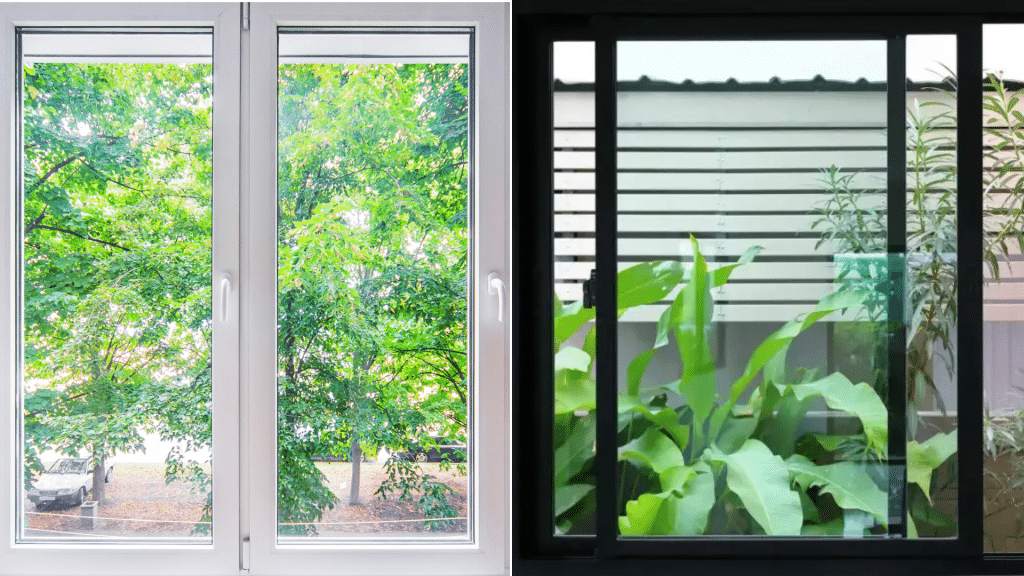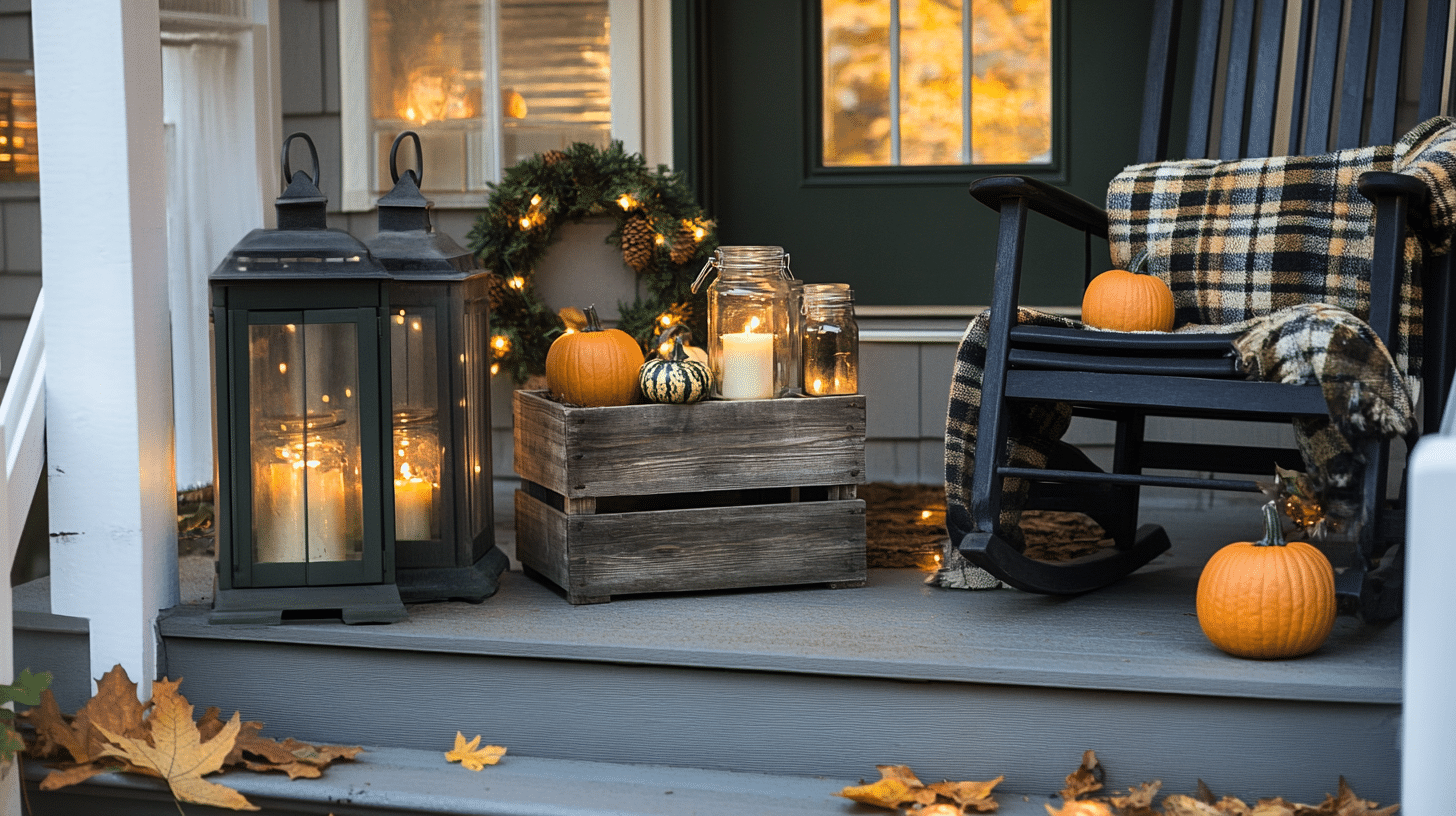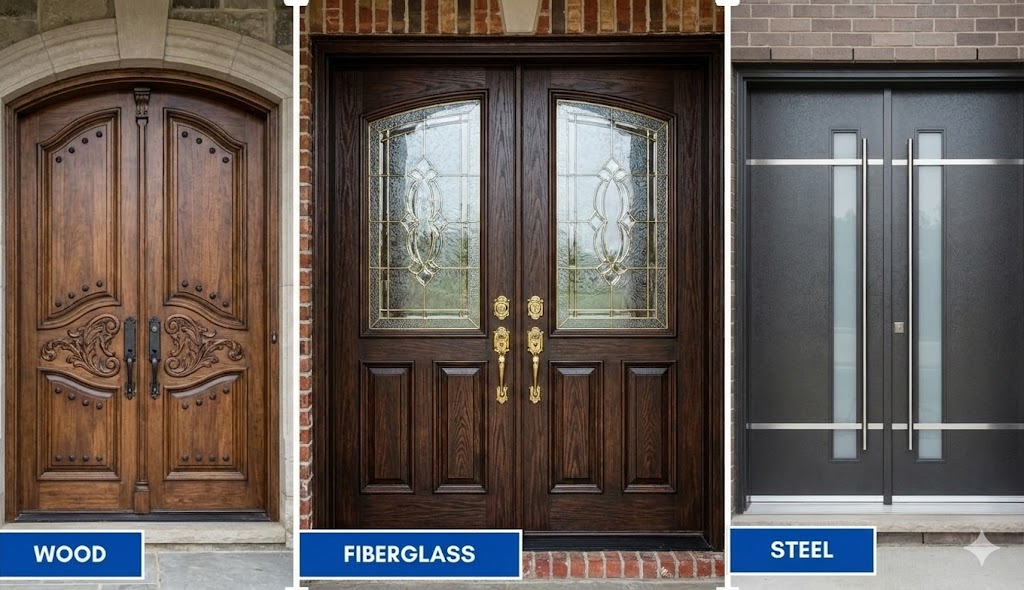Selecting new windows for your home can be a confusing process. You want something that lasts, looks good, and doesn’t drain your wallet.
The aluminum vs vinyl windows debate has probably left you confused. Both materials have fans who swear by them.
I’m here to help you make the right choice. This blog breaks down the real differences between aluminum and vinyl windows.
What are Aluminum Windows?
Aluminum windows feature frames made from the lightweight metal we all know. The metal gets shaped into hollow frames that hold the glass panes in place.
These frames are thin but strong.
Manufacturers often add a thermal break to modern aluminum windows. This is a strip of insulating material placed between the inner and outer metal sections.
You’ll find aluminum windows most often in commercial buildings, but many homes use them too, especially in warmer climates.
| Pros | Cons |
|---|---|
| Highly durable and resistant to corrosion | A poor insulator can lead to heat loss |
| Low maintenance and easy to clean | Can be prone to condensation |
| Slim frames allow more natural light | More expensive than vinyl windows |
| Recyclable and eco-friendly material | Conducts heat and cold easily without thermal breaks |
What are Vinyl Windows?
Vinyl windows use frames made from PVC plastic. This is the same material you’ll find in plumbing pipes, but it’s formulated differently for windows.
These chambers trap air and create insulation. No painting or coating is needed; the color goes all the way through the material.
Most vinyl windows have welded corners instead of screws or fasteners. This makes them more watertight and stronger at the joints.
| Pros | Cons |
|---|---|
| Excellent insulation and energy efficiency | Limited color and finish options |
| Low maintenance and easy to clean | Can warp or crack in extreme temperatures |
| More affordable than wood or aluminum | Difficult to repair if damaged |
| Resistant to rot, moisture, and corrosion | Not as durable as aluminum in the long term |
The Difference Between the Two
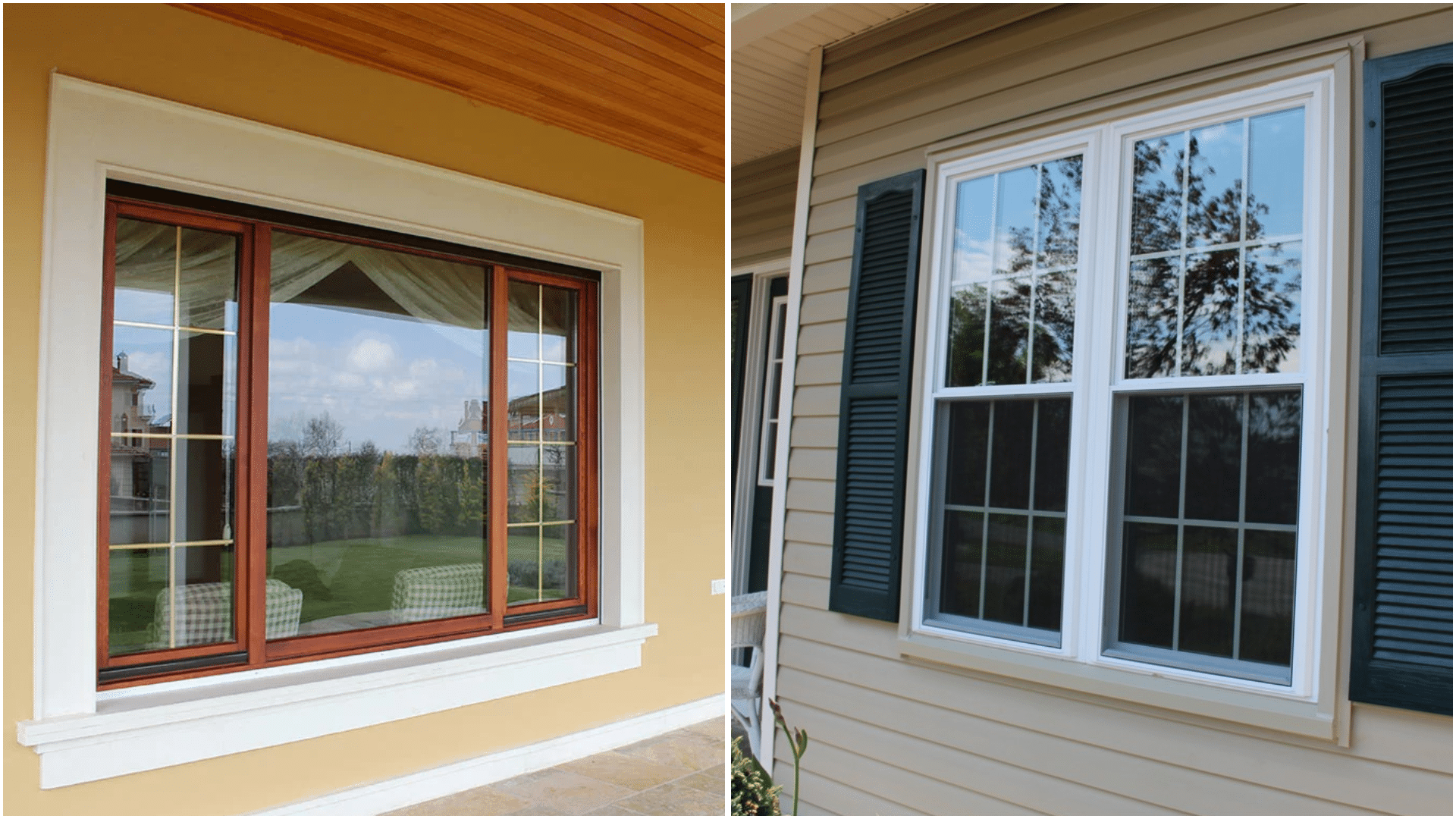
Now let’s get into the details. These two materials perform differently in ways that really matter for your home and wallet.
Appearance
Aluminum frames are slim and sleek. The thin profile gives you more glass area and less frame showing. This creates a modern, clean look that many people love.
Vinyl frames are thicker and bulkier. They have a more traditional appearance. The material limits your color choices, though technology keeps improving this.
Durability
Aluminum stands up to physical damage better than vinyl. It won’t crack, warp, or lose shape over time. The metal handles extreme temperatures without expanding or contracting much.
Vinyl resists moisture and won’t rust or corrode ever. However, extreme cold can make it brittle and prone to cracking. Prolonged sun exposure may cause fading or chalking on the surface over many years.
Cost
Vinyl windows cost less upfront in most cases. You’ll pay between $300 – $600 per window for standard sizes, including installation. The simpler manufacturing process keeps prices down.
Aluminum windows run higher, typically $400 – $1,200 per window installed. The material costs more to produce and requires more skilled labor for proper installation.
Maintenance
Vinyl needs almost no maintenance at all. Soap and water handle cleaning just fine. No painting, staining, or sealing is required ever. The color won’t chip or peel because it goes through the entire material.
Aluminum requires more attention over the years. The finish may need touching up or repainting. Check seals and weatherstripping regularly.
Oxidation can occur without proper care, though it’s usually minor and manageable.
Installation
Vinyl windows are lighter and easier to handle during installation. Most contractors can install them quickly without special equipment. The welded construction comes ready to mount.
Aluminum windows weigh more and require careful handling. The installation process demands more precision and expertise. Proper sealing becomes critical for energy performance.
The heavier weight and metal properties make amateur installation risky for both the window and your home’s structure.
Which Window Frame Type is the Most Energy-Efficient?
Vinyl wins the energy efficiency battle hands down. The PVC material doesn’t conduct heat or cold like metal does.
Those air chambers inside vinyl frames act like tiny insulation pockets. They trap air and stop heat transfer between inside and outside.
Aluminum loses heat fast because metal conducts thermal energy.
Even with thermal breaks, it can’t compete with vinyl’s natural insulating properties. Your HVAC system works harder with aluminum windows.
In cold climates, this difference shows up clearly on your energy bills. Vinyl can save you 10-15% on heating costs compared to aluminum frames.
Other Window Material Types
The following are different types of window material tailored solutions for modern homes and buildings.
1. Fiberglass Windows

Fiberglass windows, made from reinforced glass fibers, excel in durability and resistance to warping or cracking, outperforming vinyl in strength.
They provide superior energy efficiency with low thermal conductivity, reducing heating costs by up to 30%, and require minimal maintenance.
However, they come at a higher upfront cost and may risk exterior leaks if not installed properly.
2. Composite Windows
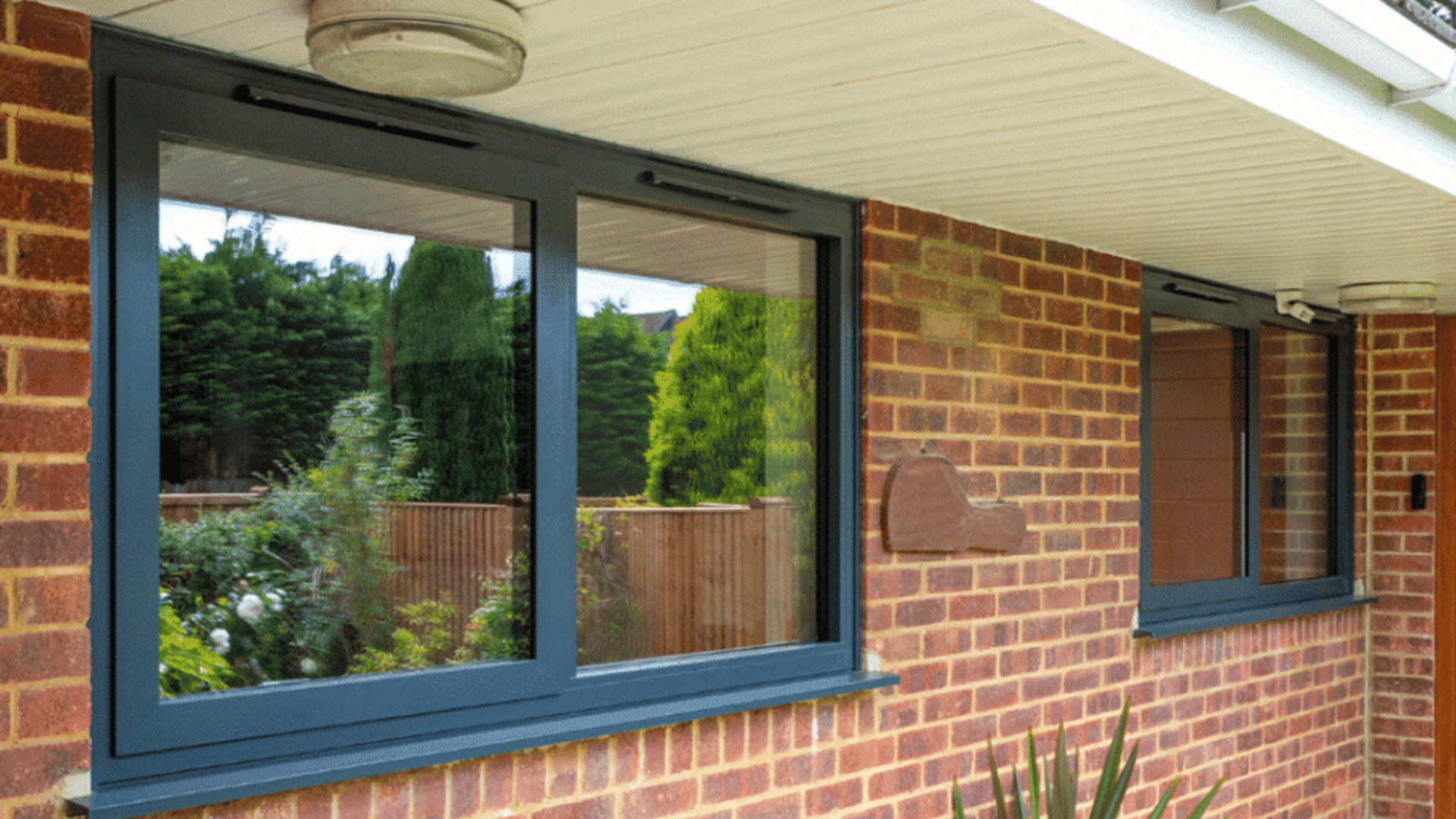
Composite windows blend wood, plastic, and metal for a sturdy, low-maintenance frame that mimics wood’s aesthetics without rot or fading.
They offer excellent thermal insulation and weather resistance, increasing energy savings.
The drawbacks include elevated initial prices and fewer color options compared to vinyl alternatives.
3. Polycarbonate Windows
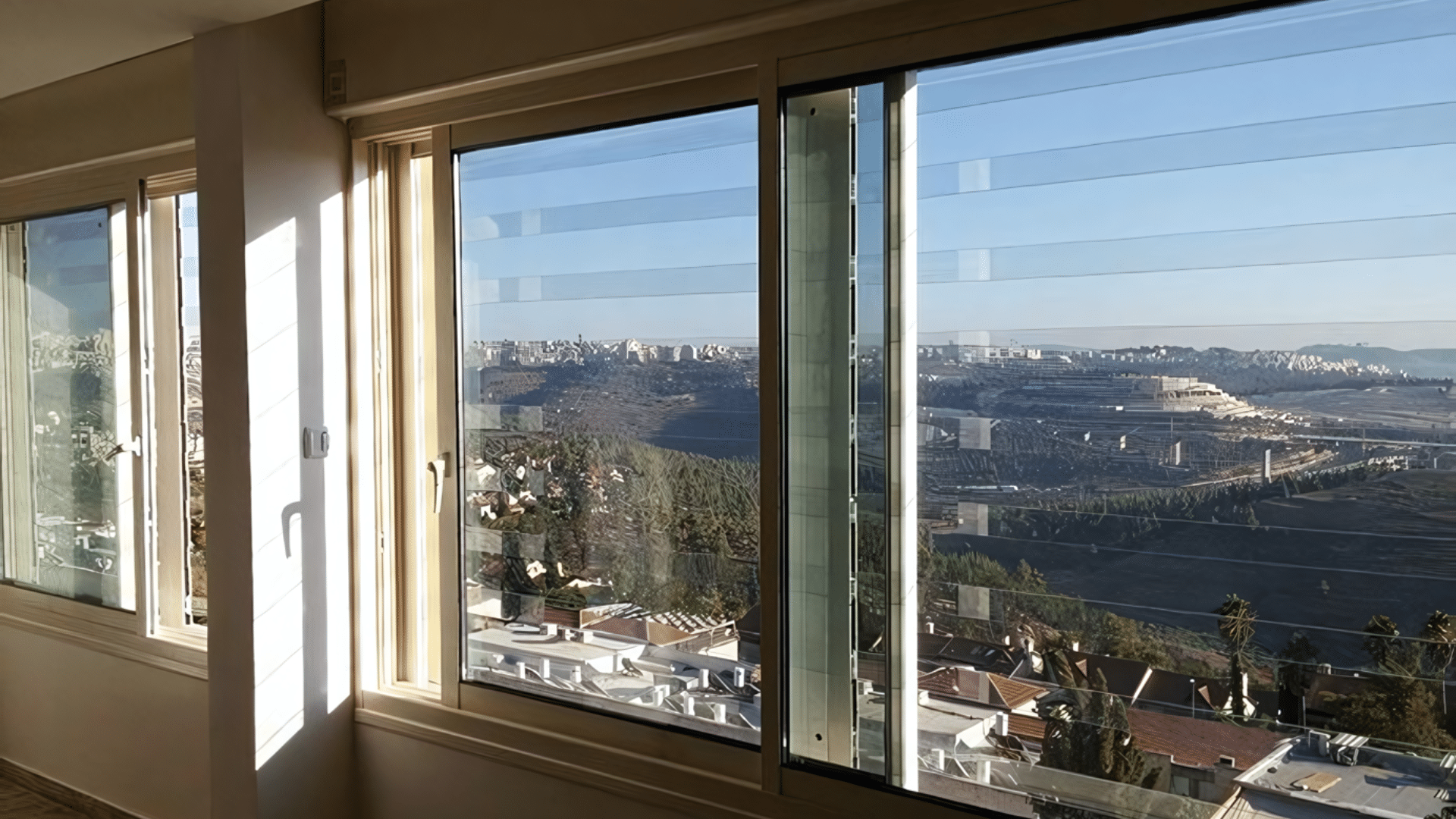
Polycarbonate windows provide lightweight, impact-resistant alternatives to glass, with up to 250 times greater shatter resistance for safety.
They transmit light excellently while insulating against heat and sound, and resist fire better than acrylics.
Cons include scratch susceptibility and potential UV degradation without coatings, requiring protective treatments.
4. U-Shaped Profile Glass Windows
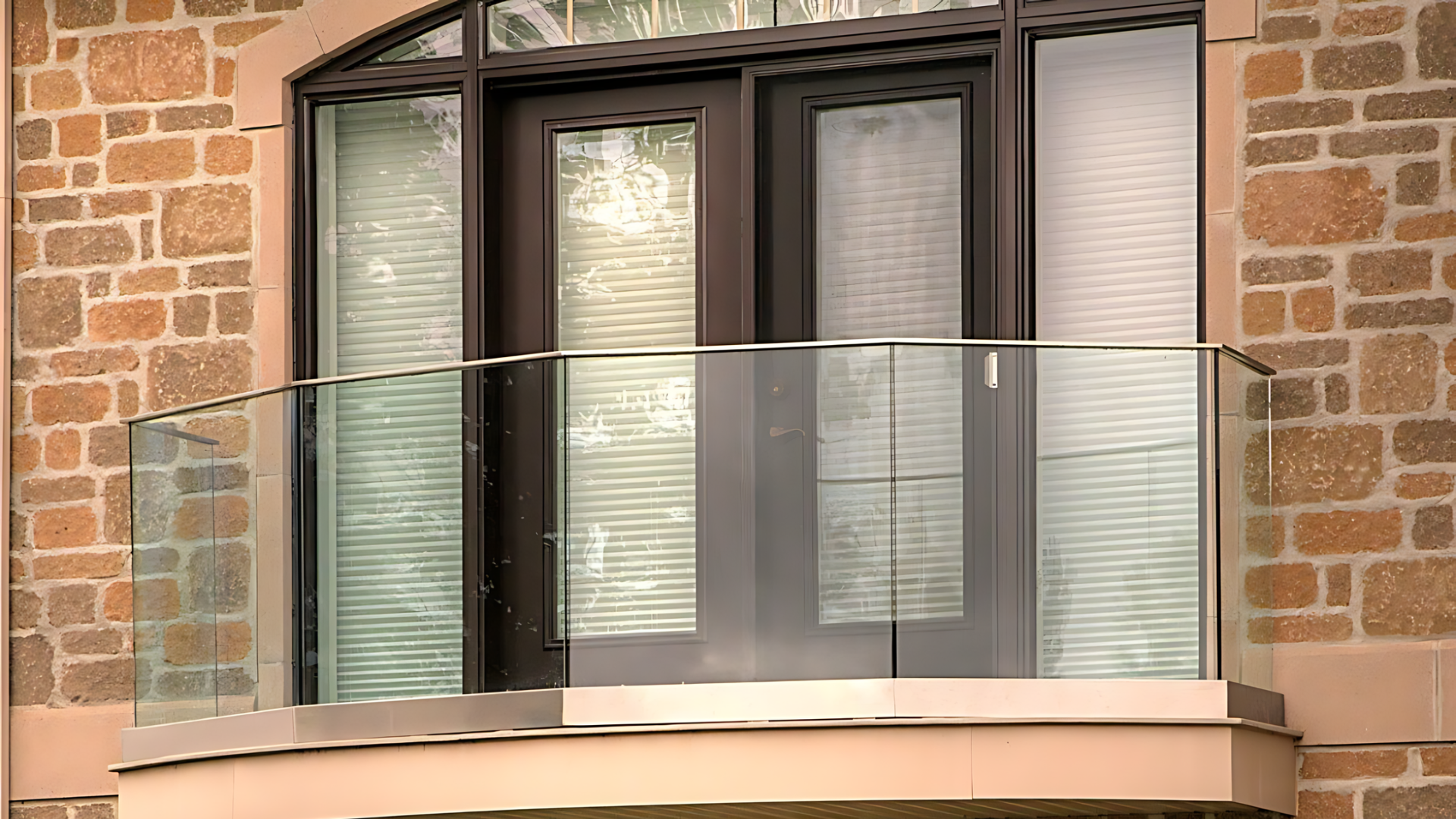
U-shaped profile glass windows, or channel glass, deliver diffused natural light and privacy through translucent, curved panels ideal for facades.
They boast high insulation for energy efficiency, soundproofing, and anti-aging durability.
The limitation is that it involves custom sizing needs and higher fabrication costs for architectural applications.
To Wrap Up
So, between aluminum vs vinyl windows, which type wins? That depends on your budget and what your house needs.
Think about your budget first. Then consider your climate and how much upkeep you’re willing to handle. Energy bills matter too; vinyl saves more money long-term despite what you pay upfront.
Ready to upgrade your windows? Start getting quotes from local contractors.


